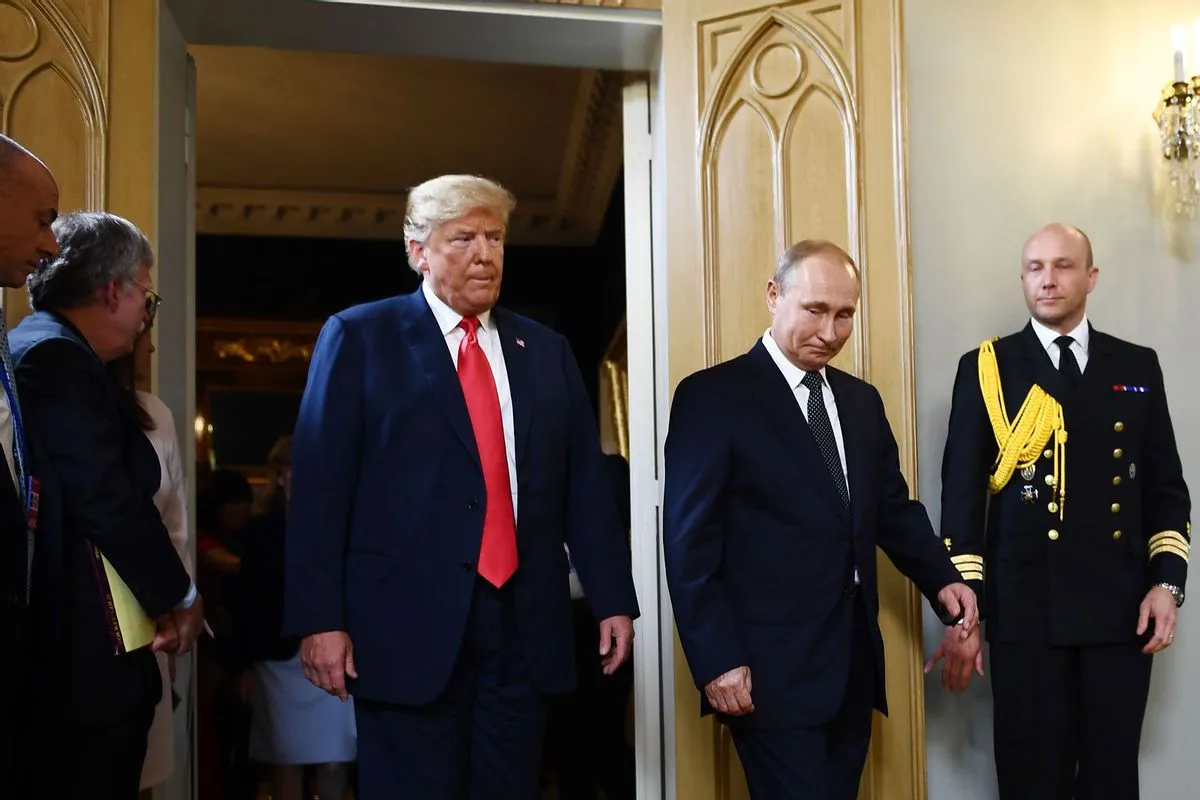Trump’s Controversial UN Resolution: A New Era of Diplomacy or Division?
In a bold and controversial move, President Donald Trump has introduced a new resolution at the United Nations aimed at addressing the ongoing Russia-Ukraine conflict. This initiative has sparked a heated debate about its implications for international diplomacy and the potential for division among global allies. As Trump emphasizes the need for lasting peace, questions arise about the effectiveness of his approach and its impact on U.S. foreign relations.
The backdrop of this resolution is marked by a significant shift in U.S. foreign policy under the Trump administration. With a focus on reassessing funding and involvement in various UN organizations, the administration appears to be charting a new course that diverges from traditional diplomatic practices. Trump’s recent address at the UN highlighted his commitment to ending the Russia-Ukraine war, framing it as a pursuit of enduring peace rather than temporary fixes. This stance has resonated with some, while others express skepticism about its feasibility.
In a notable departure from previous U.S. positions, the Trump administration has refrained from blaming Russia for its invasion of Ukraine during key UN votes. This decision has created a rift between the U.S. and its European allies, who have been more vocal in condemning Russia’s actions. Critics argue that this approach undermines collective efforts to hold aggressors accountable and could embolden authoritarian regimes worldwide.
The implications of Trump’s UN policies extend beyond the immediate conflict. His administration’s executive orders signal a broader reevaluation of U.S. commitments to international organizations, reminiscent of past withdrawals from entities like the UN Human Rights Council. This shift raises concerns about the future of multilateral cooperation and the U.S.’s role as a global leader in promoting democracy and human rights.
As discussions around UN Security Council reform gain momentum, various global perspectives are being considered to enhance its effectiveness in addressing international conflicts. Trump’s hawkish stance against adversaries may influence future UN resolutions, potentially leading to increased division among traditional allies. The administration’s transactional approach to international relations prioritizes U.S. interests, further complicating the landscape of global diplomacy.
The U.S. withdrawal from funding specific UN organizations, such as UNRWA and the UNHRC, highlights a significant shift in how the U.S. engages with international humanitarian efforts. Trump’s administration has raised concerns about perceived bias against Israel within UN agencies, prompting calls for reform or withdrawal. This focus on national interests over multilateral cooperation could have long-lasting consequences for global alliances.
In light of these developments, critics argue that Trump’s policies may undermine global cooperation on pressing issues such as climate change, human rights, and international security. The potential fragmentation of the international order could lead countries to reassess their alliances and commitments, creating a more unpredictable geopolitical landscape.
As the Trump administration continues to navigate these challenges, the future of U.S. diplomacy remains uncertain. The emphasis on a more transactional approach may redefine traditional diplomatic strategies, raising questions about the long-term implications for global stability. While Trump’s commitment to peace in Ukraine is commendable, the means by which it is pursued may ultimately determine its success or failure.
In conclusion, Trump’s controversial UN resolution represents a pivotal moment in U.S. foreign policy. As the administration grapples with the complexities of international relations, the potential for division among allies looms large. The effectiveness of this new approach will depend on its ability to foster cooperation rather than conflict, ultimately shaping the future of diplomacy on the global stage.






Leave a Comment